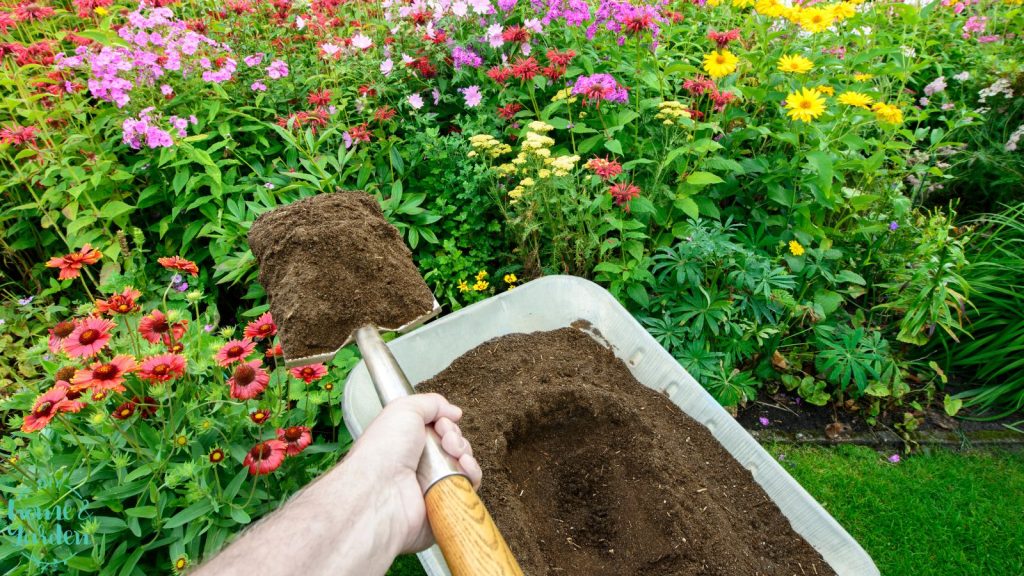
Composting is a great fall gardening activity. You can use all those fallen leaves as part of your compost and enrich your soil over the next months to get ready for spring planting. Compost is easy to DIY and it’s a more eco-friendly way to get rid of kitchen and yard waste. You can even build your own bin out of an old pallet or recycled materials. One important thing to remember is there are certain things you shouldn’t use. Here is a quick guide.
What can you compost?
You can make rich fertilizer from garden leaves which turn into mulch or certain food waste from your kitchen. Here are a few examples of both.
- Kitchen waste
Prepare a small bin or a pot in your kitchen, and cover it to avoid flies. You can add things like tea, coffee, eggshells, and fruit and vegetable peelings.
- Garden waste
Add smaller items like leaves and twigs. It’s a perfect time of year for a good gutter cleaning and you’ll definitely find loads of leaves and organic material in there.
What not to compost
Only use fruit and vegetable material from your kitchen, with the exception of eggshells. Otherwise, you shouldn’t add any animal products. You can add things like bread, rice, and pasta but you should ideally treat these first with an inoculant. Don’t add larger items of yard waste, compost needs to break down, so use your common sense. Here is a guide to what not to compost and why.
Building your bin
You can buy a composter, but it’s much more fun to build your own. There are a few easy ways to make a composter. One of the best things you can use is an old wooden pallet, or you can stack these and nail them together. It needs to have gaps for ventilation and the bottom has to be open so that the compost will break down directly into the soil.
Activate your mulch
In order to speed up the process, it’s recommended to use an inoculant. These are natural microbes that help your fertilizer break down. You can buy this but if you’re more into DIY you can make your own garden inoculant. Pour it over the compost and it will break down more quickly. These chemicals are not harmful to your garden and they are made up of organic compounds.
Final tips to make the most of your composting efforts
You could make your compost mobile so you can set it up in different places so it benefits more parts of the garden. Sometimes compost attracts pests, but you can avoid this. You can cover any material that attracts flies or wildlife with grass clippings. Keep grass clippings and leaves next to your bin and mix these in with the kitchen waste. Mulch is supposed to improve the eco-system in your yard, however, so you should expect to see small grubs like worms and woodlice. The most effective compost should be hot, steamy, and full of these critters.
- Strawberry Lemonade Recipe (no added sugar) - 03/20/2025
- Barndominiums: Weighing the pros and cons - 12/30/2024
- Ginger Orange Marmalade Recipe: Sweet, Tangy, and Just a Little Spicy - 11/09/2024


